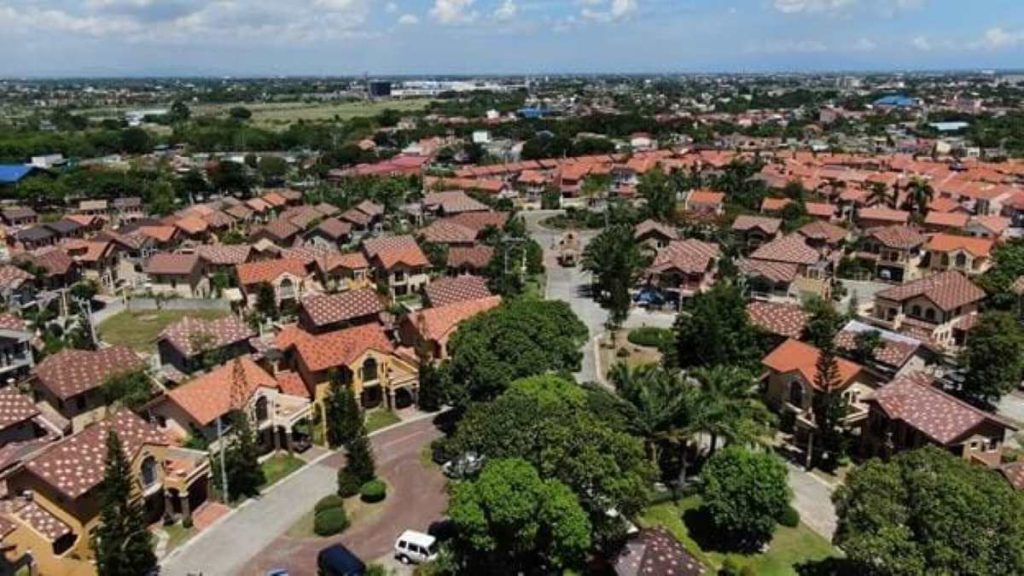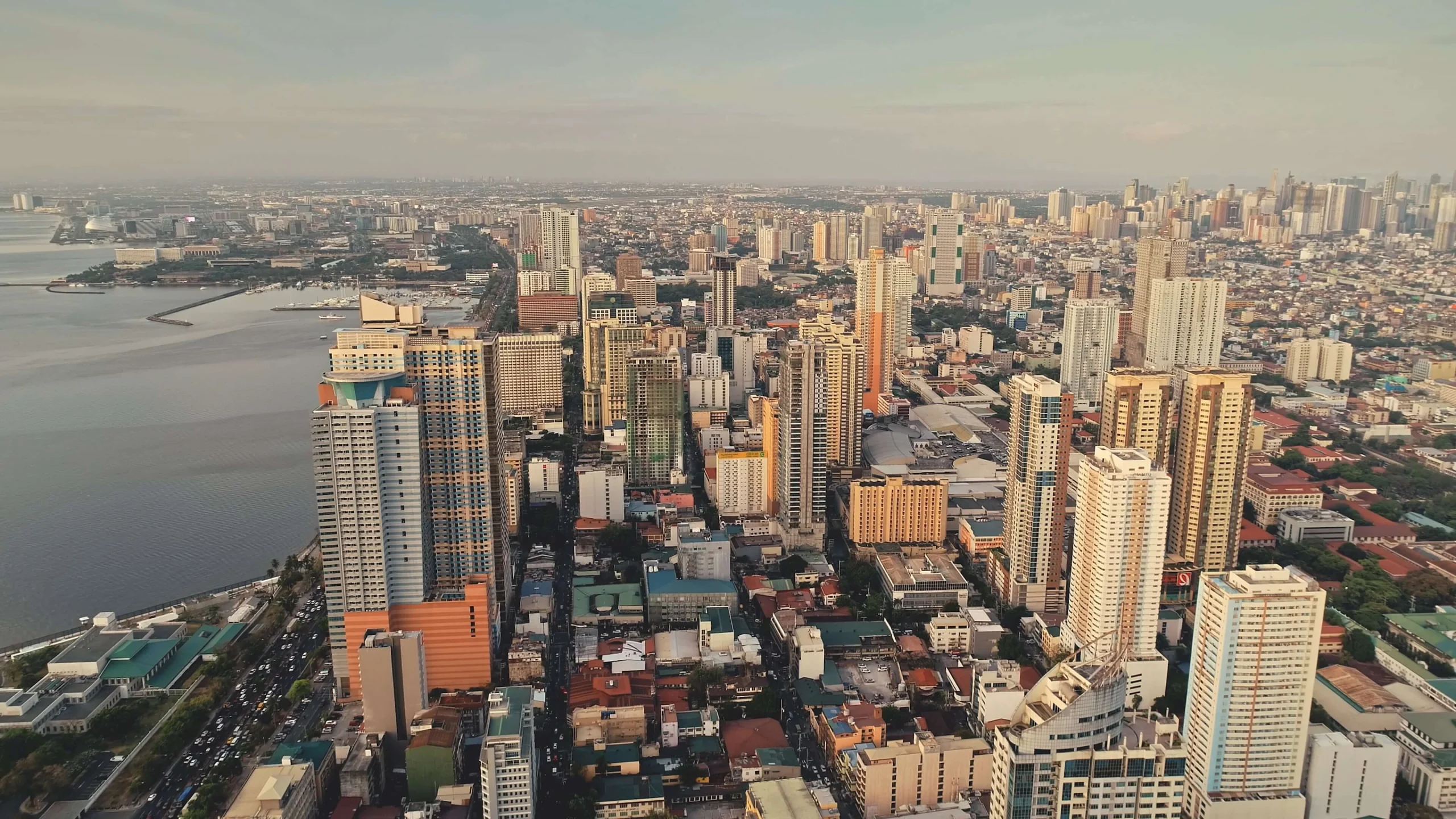The COVID-19 pandemic-related global economic uncertainty has made things more difficult for the Philippine economy than for many others across the world in recent years. Despite these difficulties, investing in the real estate industry has developed into a dependable and alluring choice for investors seeking stability and expansion.
Investing in Luxury Real Estate
For those looking for both financial gains and a dash of extravagance and status, investing in luxury real estate has long been a tempting choice. High-end homes, private estates, and opulent flats are examples of luxury properties. These properties present special investment options that can offer both significant returns and a taste of the high life. The benefits, potential risks, and important factors of luxury real estate investment will all be covered in this guide.
How Does Luxury Real Estate Work?
Properties that offer great quality, distinctive features, a high level of comfort, and exclusivity are typically what luxury real estate is known for. These homes frequently have first-rate features like private pools, expansive floor plans, top-of-the-line appliances, and exclusive locations in upscale areas or picturesque surroundings. Various property kinds, including residential, commercial, and vacation homes, can be included in luxury real estate investments.
The purchase of a high-end property is the standard starting point for luxury real estate transactions. By property acquisition, luxury real estate can be purchased by investors or buyers in a variety of ways, including direct transactions with sellers, through agents, or at auction. Like any other purchase in the real estate industry, the procedure entails negotiations, due diligence, and legal paperwork.
A thorough awareness of the local market is necessary to invest in luxury real estate. In order to find desirable locations, new trends, and possible hot spots for big returns, buyers and investors frequently do in-depth research. The fair market value of the property can also be calculated with the aid of market research. The management of luxury real estate can be more difficult than that of regular houses. High-end houses frequently need routine upkeep, security services, and occasionally concierge services. To tackle these chores, property management firms may be contacted.

Compared to normal properties, luxury real estate pricing might be more subjective. It frequently considers elements like the special characteristics of the property, location, historical significance, and the situation of the luxury market right now. Recent comparable sales in the region may also be taken into account by sellers and agents. Luxury real estate negotiations can be more complicated, and both buyers and sellers frequently have unique criteria. In order to represent their clients’ interests and reach mutually beneficial agreements, agents and brokers are essential.
Real estate transactions involving luxury properties have similarities to those involving regular properties, but they are distinguished by the superior quality, distinctive features, enviable locations, and high price points of the properties in question. A thorough understanding of the luxury property market, financial preparation, legal compliance, and market research are all necessary for successful luxury real estate investing.
Advantages of Buying Luxury Real Estate
High-net-worth people and investors find luxury real estate investing to be an appealing alternative due to the variety of advantages it offers.

- High Return Potential: Over time, the value of luxury real estate investments may rise significantly. These homes’ values may rise more quickly than those in the larger real estate market due to factors including limited supply, prestigious locations, and distinctive characteristics.
- Economic Recession Stability: The markets for luxury real estate are typically more resilient during recessions. Even in difficult economic times, high-net-worth individuals may continue to invest in luxury residences for their own use or as an investment, bringing stability to the market.
- Diversification: A luxury real estate investment can help diversify a portfolio. Markets for luxury properties often behave differently from more conventional asset classes like equities and bonds, lowering the total risk of the portfolio.
- Tax advantages: Owning luxury real estate may come with tax advantages in particular areas. These can help investors pay less in taxes overall by allowing them to deduct things like property taxes, mortgage interest, and depreciation.
- Luxury real estate is frequently considered to be a long-term investment. Although it could need a substantial initial financial outlay, it has the potential to increase in value over time, leading to sizable capital profits when sold.
- Luxury residences frequently have an international draw that draws purchasers and tenants from all over the world. This may increase the investment’s liquidity and present prospects for international diversification.
- Legacy and wealth transmission: Luxury real estate can be a way to transmit money to future generations while also conserving it. It has the potential to grow in value over time and serve as a family legacy.
Despite the Philippines’ GDP Challenges on a Global Scale, Why Is Real Estate Investment a Great Option?
Having a tangible asset with intrinsic value is one of the main benefits of investing in real estate. Real estate assets, such as residential, commercial, or industrial spaces, have inherent value as opposed to stocks or bonds, which can be extremely volatile and influenced by market sentiment. Real estate is an enduring and secure form of investment because people will always need locations to live, work, and conduct business.
Compared to other investment options like stocks or bonds, real estate investments are frequently more stable and less vulnerable to transient economic volatility. While many nations, including the Philippines, have economic difficulties, real estate may offer a steady stream of income and long-term growth, assisting investors in navigating difficult economic times. The population of the Philippines is expanding quickly, and urbanization is on the rise. This causes a rise in the demand for housing, office space, and infrastructure expansion—all of which are favorable to real estate investors. The demand for real estate in cities and metropolitan areas is growing as more people relocate to urban areas.
To encourage real estate development and investment, the Philippine government has put in place a number of measures. Affordable housing initiatives and infrastructure-building projects can provide new investment options and boost the real estate market. Investments in real estate, particularly residential real estate, can offer a reliable source of rental income. People still need places to live during economic downturns, and rental properties can produce consistent cash flow. Investors looking for reliable income sources may find this to be especially appealing.
The Philippines is a well-liked travel destination, and the country’s expanding tourism sector may offer opportunities for investors in real estate for hotels and vacation rentals. Foreign direct investment has also been drawn to the nation, which may increase demand for both commercial and residential real estate. A portfolio of investments that includes real estate benefits from diversity, which lowers overall investment risk. Real estate frequently exhibits distinct behaviors from conventional asset classes, acting as a buffer against market instability.
Real estate has historically demonstrated resiliency and development potential in the Philippines, with a track record of offering investors enticing returns. The purchase of real estate helps protect against inflation. Rents and property values rise in tandem with the cost of living. This indicates that during inflationary periods, real estate investors may benefit from higher income and property value.
Real Property Having Value in Itself
A physical object that has intrinsic worth or value due to its fundamental qualities, usefulness and the demand it creates is referred to as a tangible asset. These assets are valued because of certain characteristics or characteristics, and their worth is not purely based on conjecture or market mood. Real estate properties, such as homes, offices, and factories, have inherent value as opposed to stocks and bonds, which can be quite volatile and influenced by market mood. Real estate is a dependable and steady investment option since people will always need locations to live, work, and do business.
Tangible assets have a defined utility or serve a practical purpose. A plot of land, for instance, could be utilized for farming, home construction, or business. In the course of manufacturing and production, equipment and machinery are used. For instance, great real estate in a desirable location is valued because of its rarity. Some tangible assets produce cash flows or income. For instance, rental properties generate rental income, while equipment used in commercial operations helps generate sales. Real estate and precious metals are two examples of tangible assets that might act as a hedge against inflation. In response to growing prices and the depreciation of currency, their value tends to rise over time.
Physical items that have inherent value because of their utility, scarcity, ability to generate revenue and other key characteristics are referred to as tangible assets with intrinsic value. Because of their dependability and capacity for value preservation over time, these assets frequently form the basis of investment portfolios and wealth preservation plans.
Real Estate’s Long-Term Potential for Growth
The increase in a property’s worth over a protracted period of time is referred to as long-term appreciation in real estate investment. This appreciation may be the outcome of numerous reasons and tactics.

- The property’s location is one of the most important elements affecting its potential long-term appreciation. Purchasing real estate in places with rapid economic growth, top-notch educational institutions, low crime rates, and easy access to amenities usually results in a higher appreciation over time.
- Market Trends: It’s critical to comprehend the general real estate market trends in your preferred place. Cycles of expansion, stagnation, and fall are possible in markets. A considerable long-term appreciation can be achieved by making an investment during an upswing and keeping the property throughout market downturns.
- Mortgage Reduction: As the mortgage on a rental property is repaid, the equity in the property increases. This can substantially raise the overall return on your investment over the long term.
- Buy and Hold Strategy: Adopting a buy-and-hold strategy is frequently the greatest way to maximize long-term appreciation. When the market is weak, resist the urge to sell and concentrate instead on the long-term potential of the property.
Housing is in High Demand
A major driver of the real estate market, a high housing demand can have a big impact on investment prospects, rental revenue, and property values.
Housing demand rises as the population expands. Net migration into a region and natural population growth (births exceeding deaths) might cause this. The demand for both rental and ownership housing frequently increases in areas and cities where the population is growing. Areas with a strong job market frequently draw people and families looking for work. People are more inclined to relocate or look for home in an area where there are lots of job opportunities, which raises the demand for housing.
Home sales may rise if the economy is doing well and consumers are feeling confident. People are more inclined to make long-term investments, such as purchasing a home, when they are upbeat about their financial futures. With time demand for housing may be influenced by demographic changes, such as the entry of millennials into their prime home-buying years. Similar to this, an aging population may increase demand for various housing options, including senior living complexes.
Another factor is housing demand may be impacted by cultural variables, such as the value of home ownership in a given society. Owning a home is regarded as an important life milestone in several cultures, which raises homeownership rates.
Real estate investing has repeatedly shown to be a robust and fruitful choice in a world characterized by economic uncertainty and global problems that have an impact on the GDP of many countries. A favorable environment for real estate investors may be found in the Philippines thanks to the country’s high housing demand, government assistance, and long-term growth potential. Real estate stands out among other investment options for those seeking stability and growth in their portfolios despite the difficulties facing the Philippine GDP and the global economy, even though all investments involve some risk. These advantages include intrinsic value, income potential, appreciation, and protection from inflation.
Related Blog: How to Get Started With Real Estate Investing


